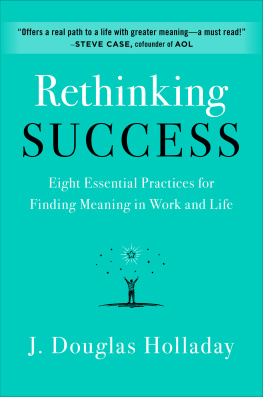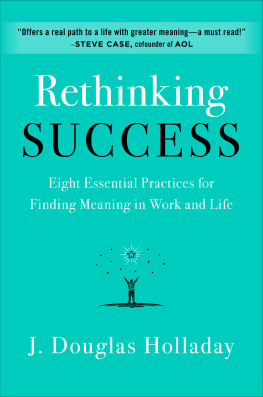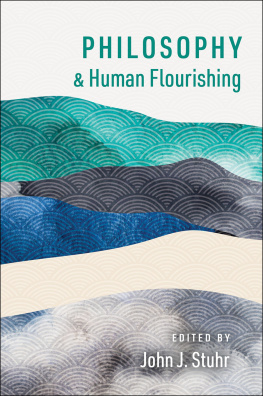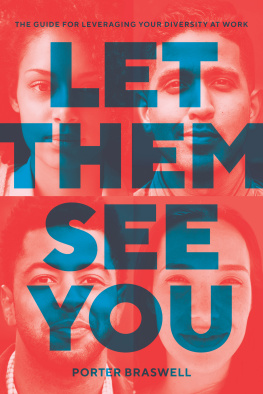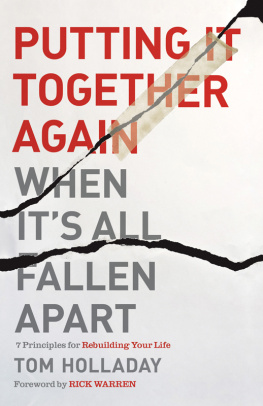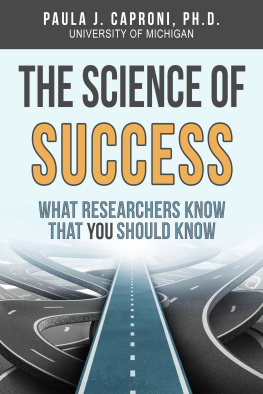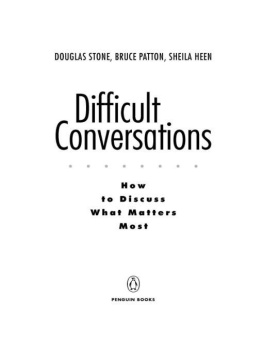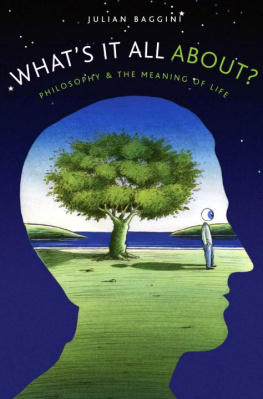The problem with getting everything is you run out of reasons to keep trying.
People who made sudden success are telling me this is normal and will pass. Thats good to know! I guess Ill take a shower then!
Hanging out in Ibiza with a bunch of friends and partying with famous people, able to do whatever I want, and Ive never felt more isolated.
When we sold the company, the biggest effort went into making sure the employees got taken care of, and they all hate me now.
T hese are among the many tweets of Markus Persson, who in 2014, at age thirty-five, sold his wildly popular company, Minecraft, for $2.5 billion. He quickly purchased a 23,000-square-foot mansion in the Hollywood hills for $70 million. He was living the dream, right? Hardly. He was depressed and lonely, an emotional state that became widely shared throughout the Twitterverse.
So why our fascination with the pain and foibles of people like Markus Persson? In many ways he represents our wildest dreams of success come true. What would happen if we found ourselves billionaires? How could that not make us feel fulfilled and happy?
And yet we are not surprised to hear that success often fails to bring happiness. Why does success leave some feeling isolated, lonely, and unhappy?
As it turns out, Perssons experience is not uncommon. Many find themselves hugely successful but failing at life. As it turns out, success without also maintaining a larger sense of purpose and meaning leaves many feeling adrift and alone. We are creatures who crave meaning in our lives, and without it we lose our moorings.
Researchers find that people have meaningful lives when three conditions are met: first, their lives make sense; second, their lives are driven by purpose; and, third, they are a part of something much bigger than themselves. I would add a fourth condition, one that is implicit in the three above: they maintain rich human connection.
This is a book about the illusive notion of success and how the very things we do to attain it can prove counterproductive and vacuous in the end. Ironically, the chase itself, as in Markus Perssons case, is frequently more satisfying than the realization of the sought-after prize. In my view, Persson has a teachable moment, just now, where he will either self-destruct or discover a richer, deeper existence. To go up, most of us must first go down. Yet its quite unsettling to stand in this naked light. Finding a purpose requires paying attention in those dark moments when clarity and a true epiphany await. You can continue to avoid the truth about yourself for a time, but not indefinitely. So let me tell you about Ted.
Ted Leonsis is a friend, a hugely successful entrepreneur, and owner of four professional sports teams, including the Washington Wizards and the Caps. At an age even younger than Persson, Leonsis had a moment of clarity when he decided what truly mattered. Here is the story he told me:
It was 1984. I was twenty-seven years old and had recently sold for $60 million an early New Media company that Id built. And then in fulfillment of the randomness of life, I got on the wrong plane. A routine flight from Melbourne, Florida, to Atlanta ended with an emergency landing. No one was hurt, but in the thirty-five minutes that we spent unsure of whether the landing gear was going to work, circling the airport, burning off fuel, and learning how to brace for a crash landing, I had to face up to something I really didnt like: if that plane crashed, I wouldnt die happy.
It was a reckoning, a wake-up call. I had all the toys money could buy. At a ridiculously young age, I had achieved what we all believe is the American Dream, and for a poor kid from Brooklyn, it had all seemed to come easy. But I wasnt happy. It was the most important discovery of my life. The moment I got off that plane, with shaking knees and a queasy stomach, I resolved to pursue happiness and live my life without regret. I was given the worlds all-time greatest mulligan, the gift of a second chance to live my life properly.
Two lives, two opportunities to discover purpose and meaning. One used his moment to alter the trajectory of his lifetoward greater meaningwhile the other feels lost. Henry David Thoreau describes the life leading up to this crisis moment as quiet desperation, while T. S. Eliot warns of the risk of becoming hollow men.
You might find yourself at a similar turning point. Perhaps your sense of emptiness is hidden from others, and yet you know it intimately: the late night wonderings, wanting to feel alive and connected, often numbing the pain in ways we all understand too well. On some level, we understand there is a choice: continue on this path of emptiness or probe deeper to discover some real purpose and meaning in life.
These concepts can seem terribly remote and philosophical, yet they actually occupy much of our thinking. New York Times columnist and friend David Brooks sharpens the distinction between a life of meaning and one of hollow striving when he juxtaposes our rsum virtues (our concrete accomplishments) with our eulogy virtues (character strengths people would lift up at our funeral) in his March 2014 TED Talk. This distinction is useful as we examine our behavior and how we expend our energies. Although accomplishments are satisfying for a time, they eventually leave us empty and unfulfilled if not attached to some larger purpose. The eulogy virtues feed our sense of well-being and contribution to the greater good. We derive our senses of meaning and purpose from them.
Purpose consists of the central motivating aims of our lifethe reason we arise in the morning. Purpose guides life decisions, influences behaviors, shapes goals, offers a sense of direction, and fosters meaning. If we are fortunate, our purpose is tied to our vocation, and we find meaning in satisfying work. Meaning pertains to the significance of living in general; we believe our lives count for something and involve serving, creating, and connecting with others.
Meaning and purpose might be easy to define, but figuring out how they apply to our lives is not always easy; neither is maintaining them. Ive structured this book around eight practices that I believe reside at the heart of a meaningful life of thriving.
Offering clear answers seems a necessary response to the urgency of the moment, but I find the discipline of asking ourselves questions demands that we learn to enjoy the journey as well. It is not a quick fix. Arriving at the destination of true meaning involves, in my view, considering the right questions. Never stop questioning, Albert Einstein famously urged. Harvard Business School professor Alison Wood Brooks explains why asking questions can be a powerful practice: The wellspring of all questions is wonder and curiosity and a capacity for delight. Rather than limiting choices, as searching for right answers frequently does, questions enlarge the field of possibility.
Questions suggest a longer period of discovery during which rich clues and insights appear along the way and worm their way into our hearts and minds. Answers sometimes change, while the questions remain relevant. European poet Rainer Maria Rilke sheds light on why living with questions is valuable: Have patience with everything unresolved in your heart and try to love the questions themselves.... Live the questions now. Perhaps then, someday far in the future, you will gradually, without even noticing it, live your way into the answer.

